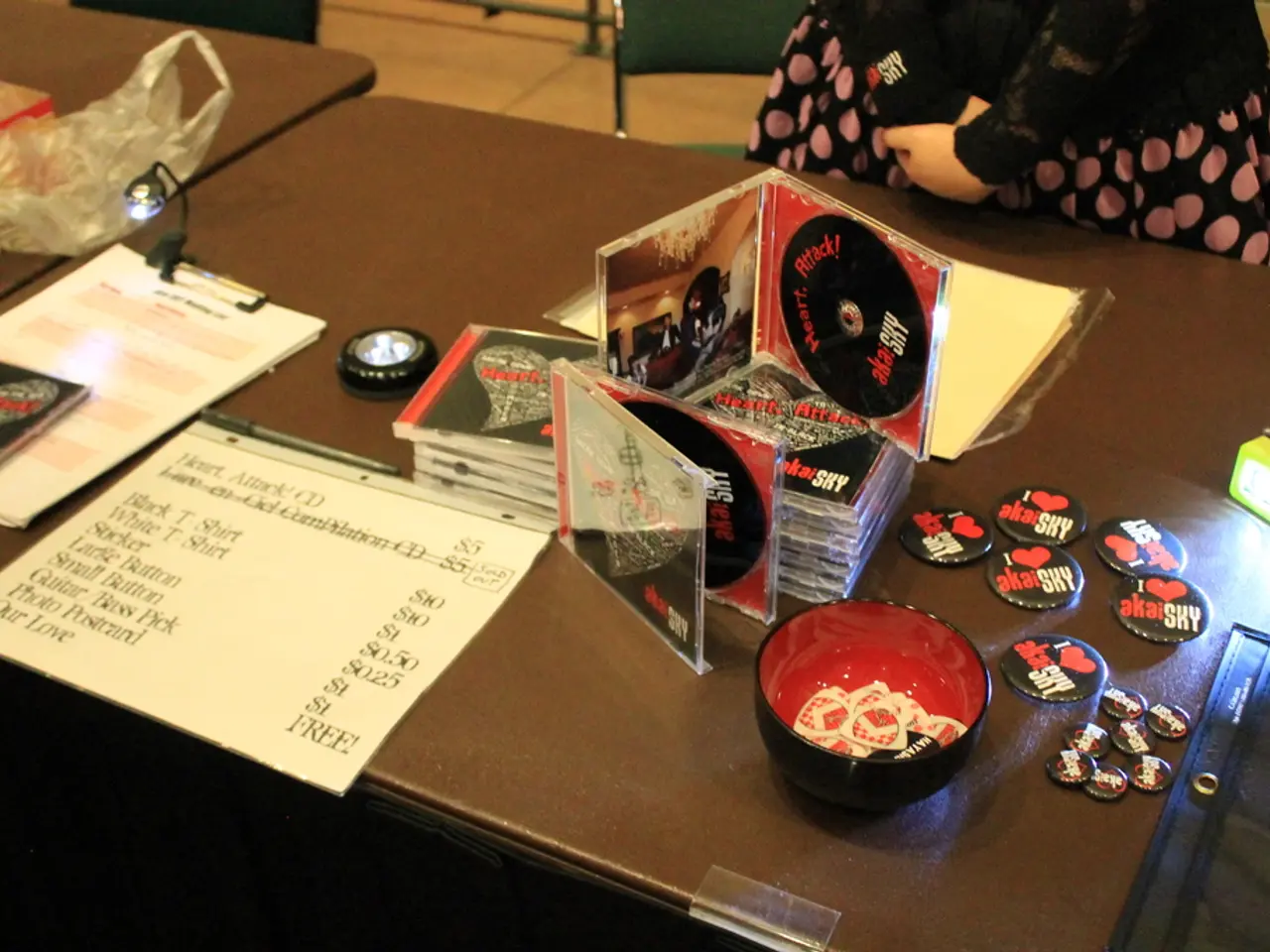In-game prize trading for chance-based games receives regulatory consideration in Singapore
The Singapore Gambling Regulatory Authority (GRA) has proposed changes to its online gambling licensing, targeting Type 2 Remote Games of Chance (RGOCs), which include popular games like Counter-Strike: Global Offensive (CS:GO) and Dota 2. These changes aim to regulate digital games of chance more explicitly, potentially requiring licensing for operators facilitating the betting or trading of in-game items as part of gambling activities.
Impact of the Proposed Changes
The proposed changes could significantly impact the in-game trading and digital gaming landscape in Singapore. Here's a breakdown of the key points:
Licensing Requirement
Operators offering Type 2 RGOCs involving virtual goods and item trading will be required to obtain licenses from the GRA to legally operate. This means more direct government oversight of in-game betting and skin trading platforms, which were previously less regulated.
Regulatory Oversight
Increased oversight aims to address concerns over social harms linked to online gambling, especially the risks tied to virtual item betting. This might involve compliance with stricter consumer protection, anti-money laundering, and fair play standards.
Industry Impact
Licensed operators may need to implement verification processes, responsible gaming safeguards, and transparent transaction mechanisms for in-game items that are used in betting or chance games. Unlicensed operators could face crackdown or blocking.
Market Changes
Gamers and traders in Singapore might see changes in how in-game items can be monetized or exchanged within gambling contexts, possibly leading to safer and more standardized trading environments, but also limiting unregulated peer-to-peer or third-party marketplace activity.
Public Consultation and Feedback
Singaporean developers and players are encouraged to give feedback on the proposed changes. The consultation process will run until 20 August 2025.
Current Regulatory Framework
Under the Gambling Control Act (GCA), which came into effect on 1 August 2022, there are two license types: Type 1 for free games of chance without real money value, and Type 2 RGOC for paid games of chance that award non-cash prizes intended for use within gaming titles.
Future Implications
If approved, the law would formalize practices already common among players. It could increase trust and transparency in in-game economies, potentially transforming Singapore’s digital gaming and gambling market.
The proposed amendment aims to align Singapore's gaming rules with contemporary online gaming ecosystems, reflecting a tightening stance requiring formal licensing to control risks associated with online gambling, including digital asset betting.
It's important to note that the exact regulatory framework details from the GRA’s proposals aren't fully stated in the search results. However, recent trends in Singapore’s gambling regulation suggest a move towards increased regulation and control.
The information provided is for general reporting purposes only and does not constitute legal, financial, or gambling advice. Readers should verify details with official sources and review applicable laws before participating in any regulated or unregulated gaming activities.
Read also:
- Exploring Harry Potter's Lineage: Decoding the Enigma of His Half-Blood Ancestry
- Elon Musk Acquires 26,400 Megawatt Gas Turbines for Powering His AI Project, Overlooks Necessary Permits for Operation!
- U Power's strategic collaborator UNEX EV has inked a Letter of Intent with Didi Mobility to deploy UOTTA(TM) battery-swapping electric vehicles in Mexico.
- Global Gaming Company, LINEUP Games, Moves Into Extensive Global Web3 Multi-Platform Gaming Network




